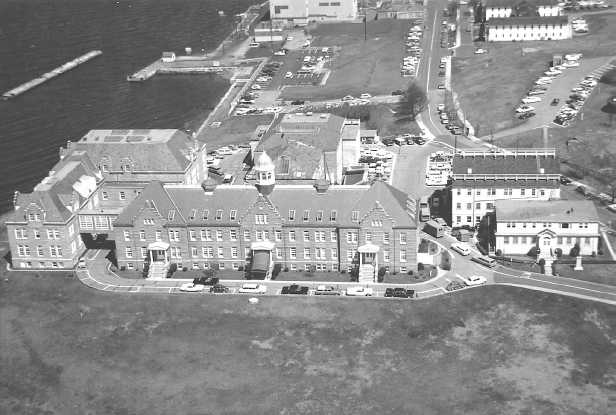| |
109.16
Figure 10-3.-The U.S. Naval War College, Newport, Rhode Island.
was appointed as the first president of the Naval
War College in Newport, Rhode Island (fig. 10-3).
Lute’s conception of the nature and needs of
the naval profession shaped the War College from
its start. He appreciated the interrelationship of
naval power, technology, and international politics
and the need for senior officers to understand such
complex issues. Lute organized the War College as
a place of original research on all questions about
war, the statesmanship connected with war, or the
prevention of war.
Lute’s original format has carried through over
the years. Over the last 100 years, the Naval War
College has shaped its educational requirements to
meet the professional and environmental needs of
the Navy.
SUMMARY
We live in a volatile and complex world in
which sudden and unexpected changes in world
leadership
frequently
occur.
In
addition,
technological innovations frequently occur in
computer science, artificial intelligence, and
robotics, The Navy must have the ability to apply
new technologies and to respond quickly to new
challenges. The Navy must also be able to develop
sound national and international policy and
efficiently manage its limited resources. In short,
it must be able to convert invention into combat
readiness. This requires an educated officer corps
with the intellect and vision to capitalize on
evolving technology and developments. The
various naval educational institutions discussed in
this chapter help to provide the trained and
educated professionals required to fill these needs.
REFERENCES
Navy Fact File, 8th ed., Office of Information,
Washington, D.C., 1988.
“Paths to a Commission,” All Hands, Number 863
(February 1989): 42-47.
The United States Government Manual 1989/90,
Office of the Federal Register, National
Archives and Records Administration, Wash-
ington, D.C., 1989.
10-12
|

